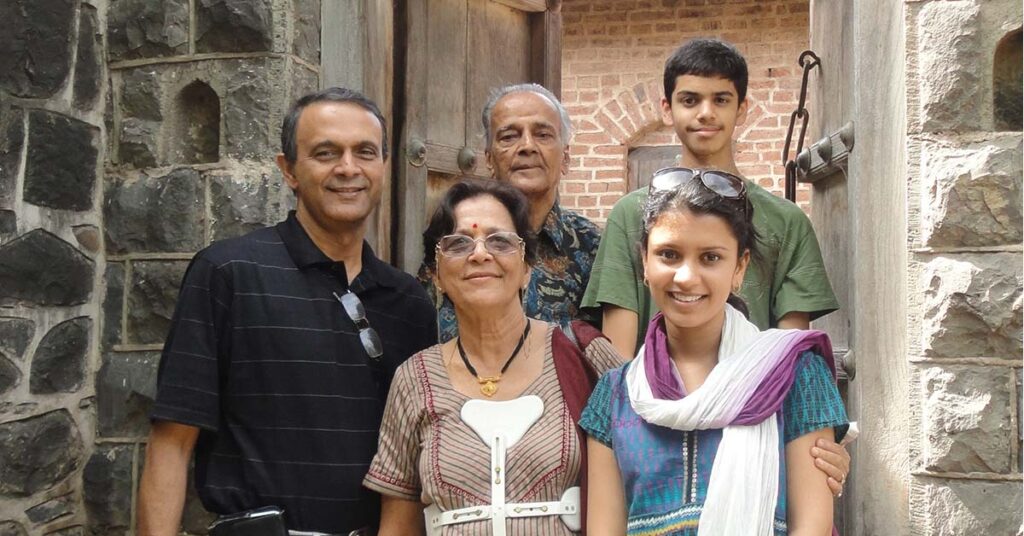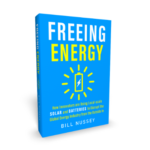
“I used to go and spend summers with my grandparents in a small little village in Maharashtra [India] and there was no electricity, there was no light, there was no sewage. There was nothing. To go from that, to having biogas in the house, to eventually having electricity – we’ve seen the whole transition happen. It’s given me a very deep sense of wanting to contribute in the energy space.
“When I went back to India, I started my first company in power electronics – a little too early. The market hadn’t opened up yet, and I couldn’t get components. That’s where I found that domain knowledge was really important.
“Everybody thinks of digitization as being a computer. The grid involves real power, and to control real power, you need some magic. For 100 years we’ve done it with switches. Just big physical breakers that open and close. It doesn’t give you any kind of fine control, doesn’t give you the ability to control voltage or current or power flows or quality or frequency.
“Power electronics is the use of semiconductor devices, but as opposed to having bits and a microprocessor, you control chunks of power. It converts power from the form available to the form you need it in. You have to have very smart control to be able to give you the type of output that you want. When I started working in the space, it was in its infancy. Today, you can’t live without it.
“We were rushing at 90 miles an hour into this highly distributed decentralized world, but we are only now learning how to control it. How do you make a distributed, decentralized world work? You had to start thinking of the grid, not as a resource, but as an ecosystem. Everybody derives value from it, but everybody has to have a role in sustaining it.
“It’s fun to start thinking of the grid as a dynamic ecosystem. The shift from a centralized top down grid is a model who’s time is coming to an end. And the new model is one where the generation of energy is wildly decentralized, often in the hands of the people who use it. The benefit is better than the sum of the parts and the technologies.”

Dr. Deepak Divan, Director of the Georgia Institute of Technology’s Center for Distributed Energy, is one of the 320 people that author Bill Nussey interviewed for his new book, “Freeing Energy: How innovators are using local-scale solar and batteries to disrupt the global energy industry from the outside in.”
Learn more about Dr Divan from his Freeing Energy podcast with Bill Nussey.
You can see all the heroes (so far) and their stories here.
#HeroesofFreeingEnergy #320heroes #LocalEnergy #FreeingEnergybook
